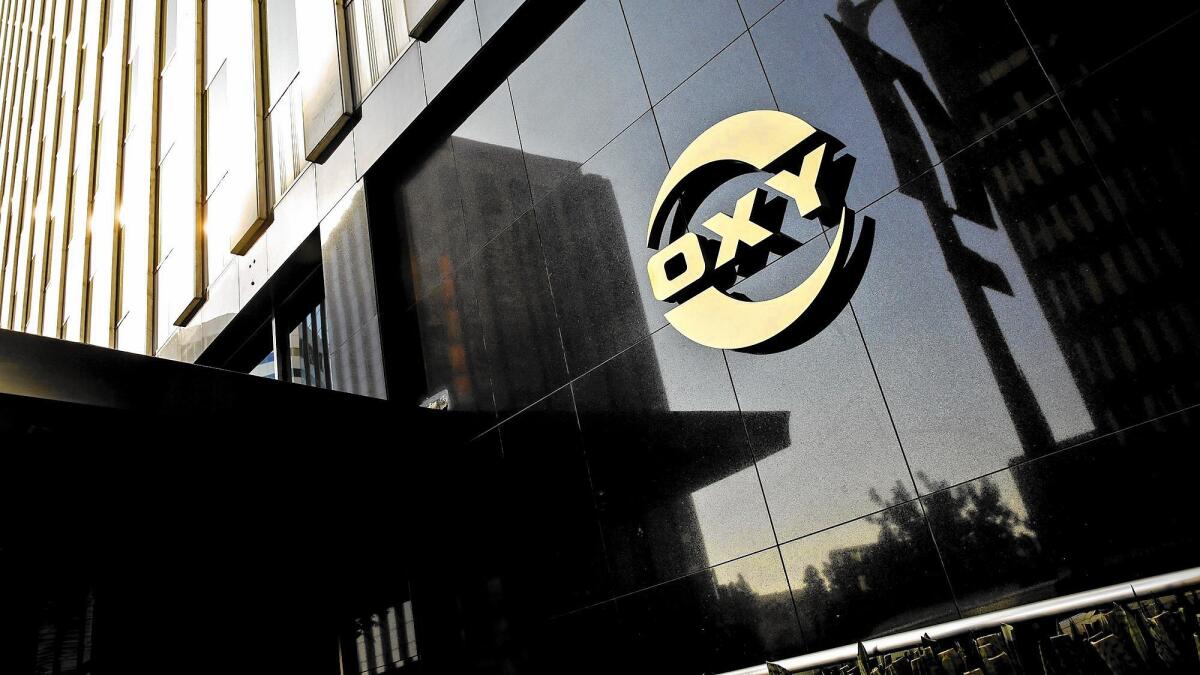California cranks out new businesses and jobs despite criticism

- Share via
California’s business climate has been a perpetual target of ridicule.
Out-of-state politicians and critics of the state’s regulations have delighted in depicting California as an inhospitable place to do business.
The Golden State perennially ranks at the bottom of national surveys gauging business friendliness. Chief Executive magazine recently called it a “deeply troubled” state, where companies are so over-regulated that “most cannot afford to do business.”
But a new study drawing on more than three decades’ worth of census business-formation data tells quite a different story.
California has spawned new businesses at one of the fastest rates in the nation over the last decade, and faster than the U.S. economy overall, the report found. The state is also a leader in job creation tied to those new businesses: In 2013, California added jobs from newly established businesses faster than all but four other states.
“Does this mean California is business-friendly? Of course not,” said Christopher Thornberg, founding partner of Beacon Economics, who helped prepare the study. “It means that being ‘business friendly’ is not the be-all and end-all of economic development.”
Although critics tend to seize on high-profile anecdotes such as Toyota Motor Co. or Occidental Petroleum Corp. moving their U.S. headquarters from California to Texas, those departures are not indicative of larger trends in a $2.3-trillion state economy.
The study from Beacon and Next 10, a California public policy research group, looked at annual census data going back to 1976. The numbers provide a state-by-state and national look at the number of business establishments that open or close in any given year, along with jobs tied to those companies.
The rate of business formation (and business closure) in California has slowed over the last decade, but that mirrors a similar decline for the U.S. overall.
For each year since 1976, California’s pace of new business creation has been faster than the U.S. rate, and often faster than Texas’.
The study adds to existing contrarian data about the state’s business climate.
Less than 1% of all businesses that disappeared in California in 2013 were due to out-of-state relocations, according to data from Youreconomy.org, which tracks business dynamics across the country. That’s in line with the average for all states.
And an earlier Beacon analysis of census migration data showed that, despite California’s comparatively high income tax rates, more people making in excess of $100,000 a year moved to California from other states from 2007 to 2013 than those who left.
Moreover, research has shown that “business climate” rankings — which typically look at a state’s corporate taxes and regulatory environment — have less to do with overall economic performance than factors such as favorable weather, geography or being home to a diverse mix of industries. That gives California, with its highly skilled workforce and strategic location on the Pacific Rim, a natural advantage over many other parts of the country.
A 2011 study from the Public Policy Institute of California found that the political debate over business friendliness probably “overemphasizes the role of policy and policymakers in determining their states’ economic performance.”
“The situation in California is much more nuanced than just rating the state’s business climate based on taxes,” said F. Noel Perry, founder of Next 10. “Notwithstanding those higher tax rates, there’s many many thousands of people in California who think they can start a business from scratch and be successful at it.”
Still, critics of the state’s business climate say the rapid pace of new business creation masks the challenges for long-tenured companies operating in an expensive state.
“Certainly you have the talent here and you have the investor capital, so start-ups are going to blossom here more than the rest of the country,” said Allan Zaremberg, president and chief executive of the California Chamber of Commerce. “Once you get beyond that, if you have an IPO, you have to be able to perform. Mature industries are always looking at their costs: Can my employees afford to live here? Can I afford the rent?”
MORE: Get our best stories in your Facebook feed >>
Development consultant Larry Kosmont said those added costs, along with the uncertainties around when permits or licenses may get approved, begin to wear away at companies looking to expand.
“No company deliberately walks away from an economy that is the seventh largest in the world, with 38 to 39 million people. That’s nutty,” said Kosmont, whose firm conducts surveys on the cost of doing business in the state.
Many companies will choose to keep their highly skilled workers in California, he said. But they may move back-office operations such as call centers or technical support to more affordable parts of the country, leaving fewer job opportunities for mid-tier workers.
“We’re so successful at attracting these high-level start-ups,” Kosmont said. “But we tend to ignore the erosion that’s going on beneath the sheets.”
Thornberg said the data in no way mean California is a perfect place to do business. Government bureaucracy and increasingly unaffordable housing pose real headaches. But such challenges are only part of the equation, he said.
“When you actually look at the data,” he said, “you’ll find that as kooky as California is, it’s not a state that’s underperforming.”
Stan Dubyn has found success in the state. He has started two companies in California’s aerospace industry over the last 25 years, and he’s continuing to expand. Millennium Space Systems, the company he founded in 2001, builds satellites for customers such as the U.S. military and NASA.
The access to research institutions such as Caltech, USC and UCLA and the cluster of engineering talent in Southern California make it an obvious place for a company like his to thrive, he said. His company headquarters in El Segundo is just across the street from the Los Angeles Air Force Base.
“I interview people all the time who can’t wait to move from Michigan or Wisconsin or Iowa,” he said. “It’s a vibrant place for the high-tech and aerospace industry. The California dream still lives here.”
Dubyn said he’s aware of the relocation incentives offered by other states such as Texas or Nevada. His company received a package of about $360,000 in sales tax incentives from California this month.
But ultimately, he said, no amount of tax incentives could outweigh the benefits of being close to a dense network of customers, suppliers and potential employees.
“We have a very high-tech workforce, people with bachelor’s, master’s, PhD’s,” Dubyn said. “It’s hard to get people to relocate, and it’s expensive for the company. I would basically have to reformulate the company.”
MORE BUSINESS COVERAGE
Sticker shock: Uber’s NYE surge pricing outrages some passengers
Bull market stalls; can it reignite in 2016?
Solar is in, biomass energy is out—and farmers are struggling to dispose of woody waste
More to Read
Inside the business of entertainment
The Wide Shot brings you news, analysis and insights on everything from streaming wars to production — and what it all means for the future.
You may occasionally receive promotional content from the Los Angeles Times.











